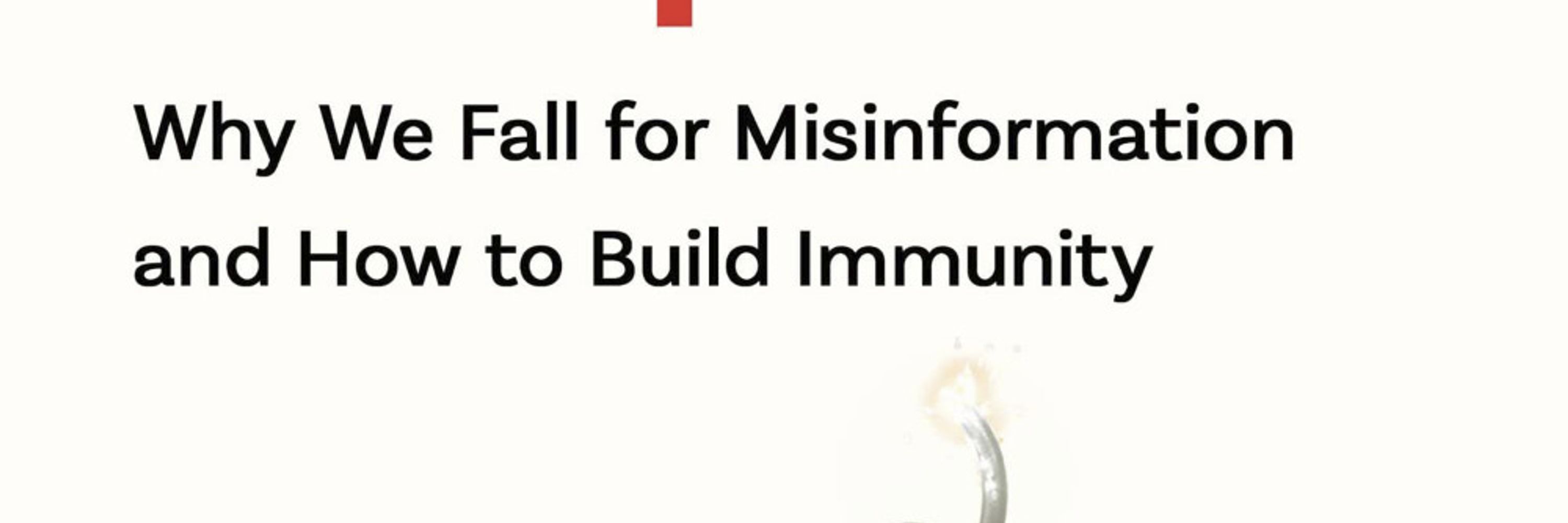
Professor of Social Psychology in Society at the University of Cambridge and Author of FOOLPROOF: Why We Fall for Misinformation and How to Build Immunity (2023) + The Psychology of Misinformation (2024). Bad News Game.
www.sandervanderlinden.com ..
more
Professor of Social Psychology in Society at the University of Cambridge and Author of FOOLPROOF: Why We Fall for Misinformation and How to Build Immunity (2023) + The Psychology of Misinformation (2024). Bad News Game.
www.sandervanderlinden.com
Sander L. van der Linden is a Dutch social psychologist and author who is Professor of Social Psychology at the University of Cambridge. He studies the psychology of social influence, risk, human judgment, and decision-making. He is known for his research on the psychology of social issues, such as fake news, COVID-19 conspiracy theories, and climate change denial. .. more

